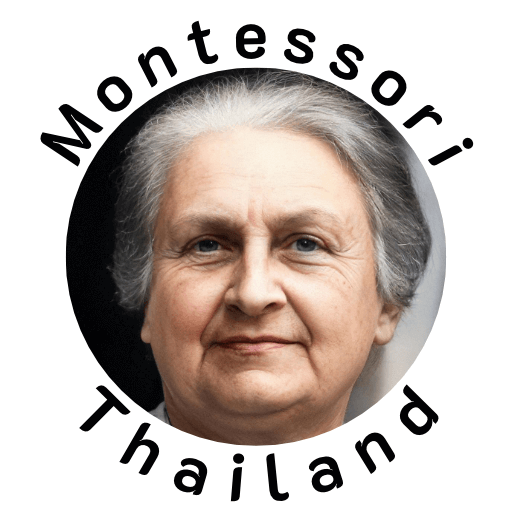![Indirect Preparation (Montessori) Indirect Preparation (Montessori)]()
by MontessoriX | 1 Aug 2023 | Glossary
In Montessori education, Indirect Preparation refers to the process by which activities performed in the present consciously prepare the child for future learning.[1] This preparation can occur without the child’s awareness; for instance, a young...
![Independence (Montessori) Independence (Montessori)]()
by MontessoriX | 1 Aug 2023 | Glossary
In Montessori education, Independence is a fundamental principle that aims to foster not just self-reliance, but also a range of competencies and self-regulatory skills in children.[1] Normal developmental milestones such as weaning, walking, talking,...
![Imagination (Montessori) Imagination (Montessori)]()
by MontessoriX | 1 Aug 2023 | Glossary
In Montessori education, imagination is regarded as a powerful tool that aids in the process of abstract learning and intellectual exploration[1]. The method encourages the use of imagination to enable children to understand complex concepts that cannot be...
![Human Tendencies (Montessori) Human Tendencies (Montessori)]()
by MontessoriX | 1 Aug 2023 | Glossary
A key principle in Montessori philosophy, Human Tendencies refers to certain predispositions that are considered universal across human beings, irrespective of age, culture, or race.[1] These tendencies have been present since the beginning of the human...
![Help from Periphery (Montessori) Help from Periphery (Montessori)]()
by MontessoriX | 1 Aug 2023 | Glossary
In Montessori education, Help from Periphery refers to the approach of presenting objects and activities in a way that encourages purposeful movement from the child. The periphery here denotes the part of the child that interacts with external reality...






